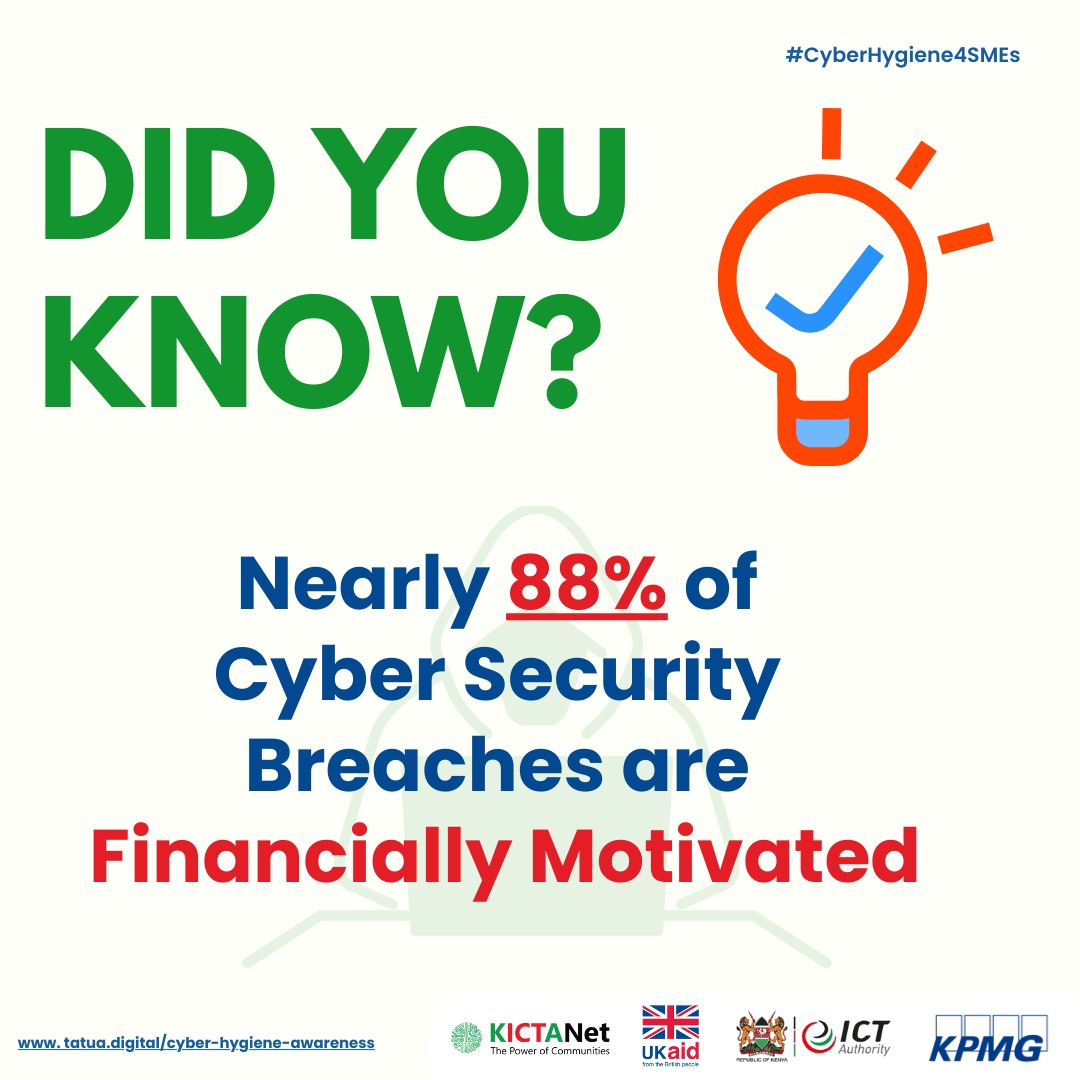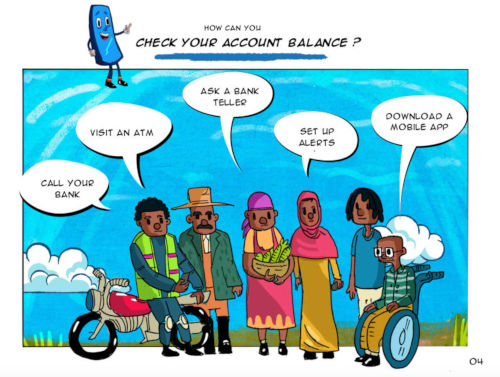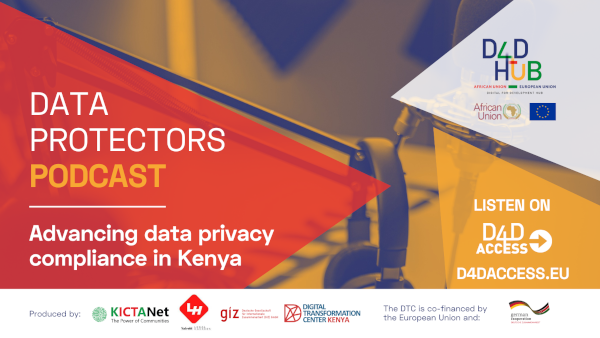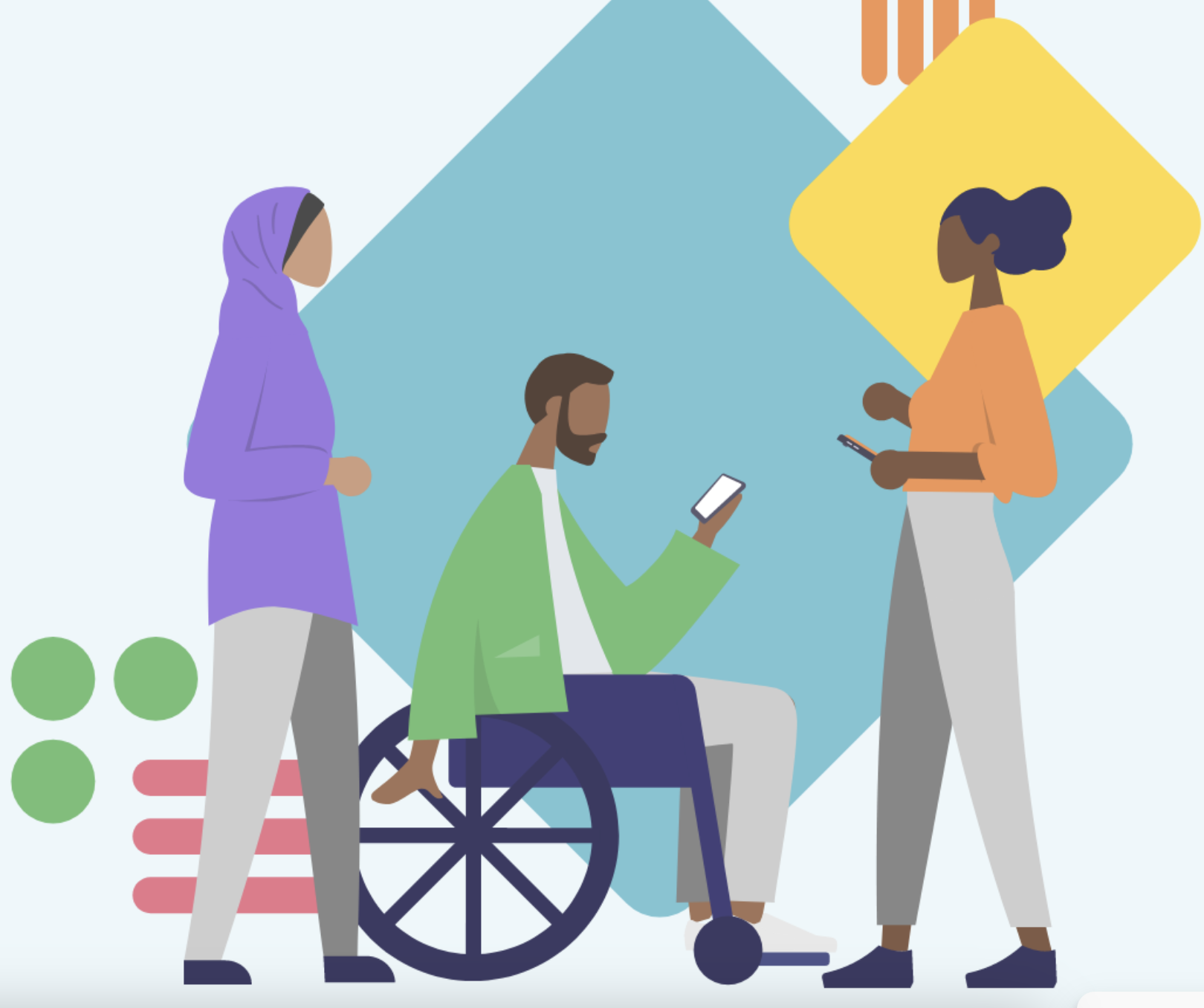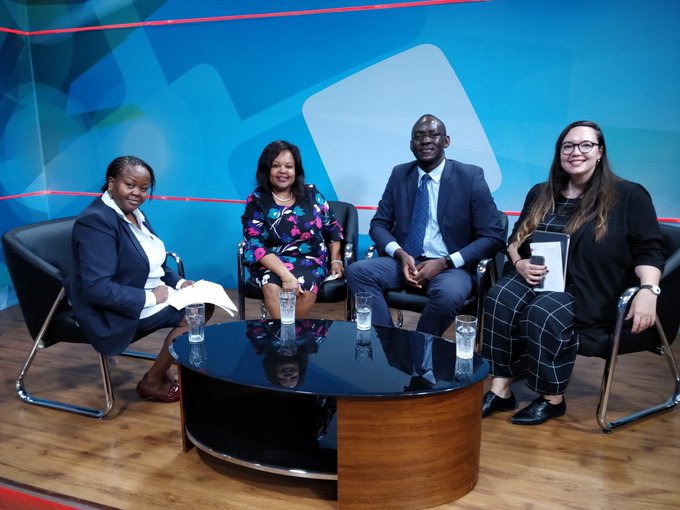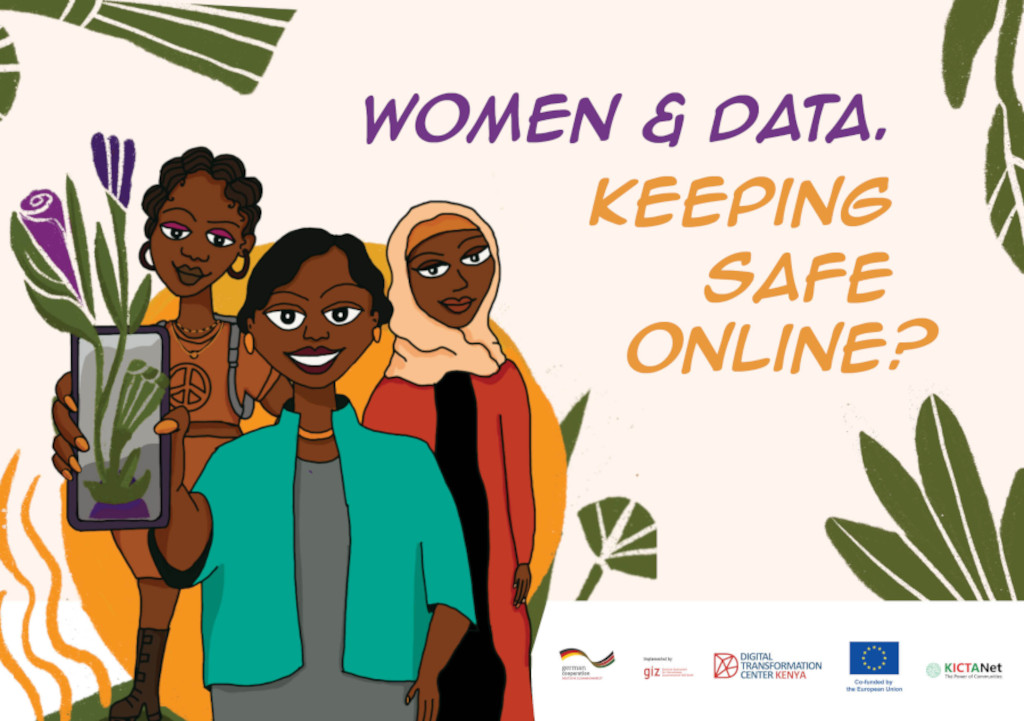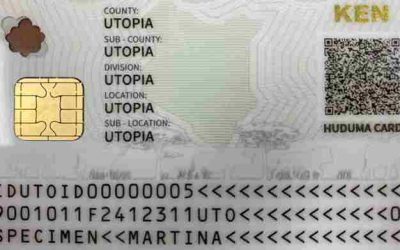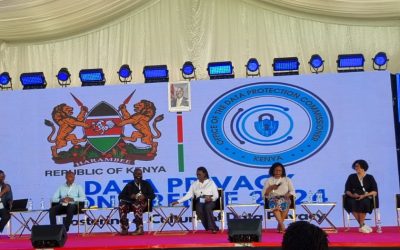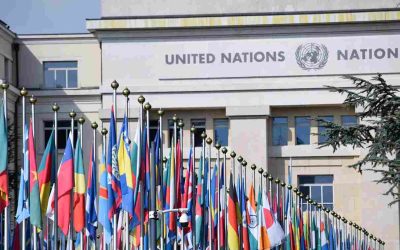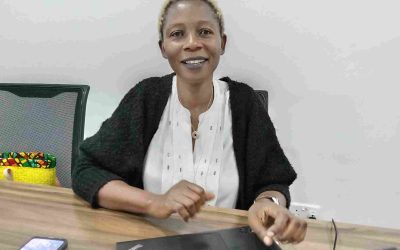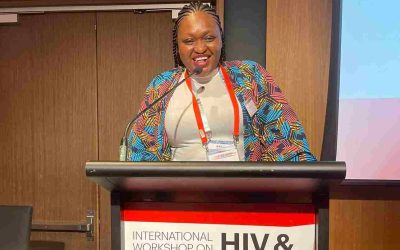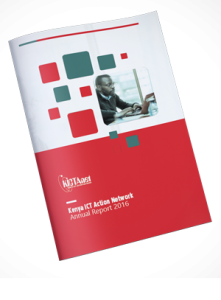KICTANET POST : Latest news, events & opportunities
Kenya’s Digital ID Stalled: Learning from Past Mistakes or Repeating Them?
Despite its potential, Kenya’s digital ID project, Maisha Namba, faces legal challenges echoing past failures. Can the government address privacy concerns, discrimination risks, and data protection issues to build trust and create an inclusive system?
![]()
KICTANet Celebrates Data Privacy Day 2024: Take Control of Your Data
As we mark Data Privacy Day 2024 commemorated annually on 28 January, we call upon everyone to embrace the theme ‘Take Control of Your Data’. Today presents us with a unique opportunity to embark on a journey to take back our power and assert our authority over our...
Beyond Access – Maximizing the Benefits of Digital Connectivity
Even though there have been several definitions or listings of enablers to meaningful internet connectivity, which captures the overall essence of meaningfulness in digital access, the true definition of meaningful access remains contextual to users. According to ITU...
Civil Society Groups Raise Concerns Over Proposed UN Cybercrime Convention
KICTANet together with a coalition of civil society groups and individual experts, has expressed concerns over the proposed United Nations Cybercrime Convention, urging states to narrow its scope and strengthen human rights safeguards. Jointly, we argue that the...
Accessibility 101: Guidelines for Organisational Compliance
Accessibility refers to making digital content functional for all users, including those using assistive technologies like screen readers. The goal is to eliminate obstacles and ensure anyone can receive and understand information online, with privacy and security....
Do Data Protection Laws Restrain AI Development?
International Data Protection Week sparks debate: are strong privacy laws a roadblock to AI advancements or essential safeguards for responsible development?
![]()
Kenya: Women Leaders Sound Alarm on Femicide Surge, Demanding Action
In a display of solidarity and concern, a group of women leaders in Kenya called for immediate action against the escalating tide of femicide cases. Led by the Women's Rights Advisor to the President, Harriet Chiggai, and National Assembly Deputy Speaker Gladys...
Story 3: Behind the Newsfeed: The Chilling Tale of a Journalist Hunted by Her Own Story
An award-winning journalist exposes the dark side of online fame, facing threats and abuse after a powerful story. Her fight for truth becomes a fight for her safety.
![]()
Story 2: Hated, but Unafraid: Living with HIV in the Age of Online Hate
Doreen Moracha Moraa, a young African woman born with HIV, has been an advocate for HIV/AIDS awareness and positivity since 2015. In this article, she shares her experiences of being trolled, abused, harassed, and stalked on social media due to her online activities. Despite the challenges, Doreen remains steadfast in her mission to educate others, fight stigma, and make a difference in her community. She is an inspiration to other people living with HIV/AIDS who seek encouragement and solace.
![]()
KICTANet is a multi-stakeholder Think Tank for ICT policy and regulation. The Think Tank is a catalyst for reform in the Information and Communication Technology sector. Its work is guided by four pillars of Policy Advocacy, Capacity Building, Research, and Stakeholder Engagement.
KICTANet’s mission is to promote an enabling environment in the ICT sector that is robust, open, accessible, and rights-based through multistakeholder approaches.
During the 2022 – 2024 strategic period, KICTANet has prioritised the promotion of effective multistakeholder participation; an enabling legal, policy and regulatory environment; building capacities and empowered communities; and institutional strengthening. KICTANet’s guiding philosophy encourages synergies in ICT policy-related activities and initiatives. As such, the network provides mechanisms and a framework for continuing cooperation, engagement and collaboration in ICT matters among industry, technical community, academia, media, development partners, civil society and government.
_____
Strategic Priority.
- Convening power. To strengthen and promote engagement, collaboration and relationships with relevant stakeholders (state, business and non-state actors).
- Promoting an enabling environment. To catalyse policy, legislative and regulatory reforms in the ICT sector.
- Building capacities and empowered communities. To build the capacity of the stakeholders across government, business society and civil society and the citizens.
- Institutional strengthening.
The report outlines the work undertaken in between 2007 and 2016 which is underpinned by crowd sourcing and community engagement
Click here to download the report
FACTS AND FIGURES
Achievement of the Network over the Years
Publications
Thought Leadership Forums
Persons trained
Policy Interventions
Conversations in KICTANET listserv
Active listers contributing often
Different conversation threads
Impressions on ICT policy discussions
Our Pillars
KICTANet’s organisational strategy:
Policy Advocacy
Capacity building
Research
Stakeholder engagement
We facilitate stakeholder engagement through collaborative initiatives in face-to-face Town Hall meetings, and in the KICTANet?s interactive mailing list where multiple stakeholders engage regularly on ICT policy issues.


